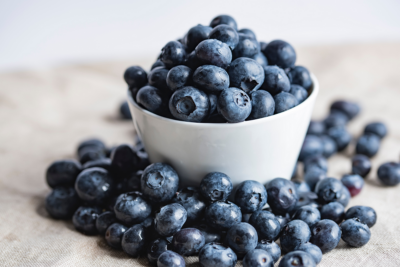What are the best vegan calcium sources? We explain all below.

We absolutely need calcium for strong bones, along with its super sidekick vitamin D which helps us to absorb it, but we don’t need to drink cows’ milk to get it.
Most of the calcium in our bodies can be found in our bones, so if we don’t keep our calcium topped up, our bodies use up this store, and that can weaken our bones.
The loss of too much calcium can lead to osteoporosis later in life, so it’s important to ensure that we get a good supply.
How much calcium do we need?
In the UK, the recommended daily amount is 700mg for adults. This is not difficult to obtain on a fully vegan diet but we do need to know what to eat!
Vegan Calcium Sources
These are some of the best sources of calcium for vegans:
- Fortified plant milks: 250ml contains 300mg calcium
- Vegan yoghurt (if fortified): 150g contains 150mg
- Tofu (choose brands that use calcium to set the tofu): 250g contains 500mg
- Kale: one 80g serving contains 120mg
- Watercress: one 80g serving contains 130mg
- Brazil nuts: 30g contains 130mg
- Pak choi: 100g contains 105mg
- Dried figs: 100g contains 250mg
- Sesame seeds: 1 tablespoon contains 87mg
- Oranges: 1 piece of fruit contains 50mg
Brenda Davis RD Talks About Calcium
great tasting recipes to boost calcium
Incorporate calcium-rich vegan foods into your diet with these plant-powered recipes:
- This kale, tomato and lemon magic one-pot spaghetti makes a fantastic mid-week meal
- Try this delicious roast squash, quinoa and kale salad
- This nutrient-rich tofu scramble with avocado is the perfect brunch
- Crispy sesame tofu makes an ideal snack
- This berry blast smoothie is quick and easy, and very tasty
vitamin d to help absorb calcium
From about late March until the end of September, we can make all the vitamin D we need from exposure to the sun so long as we are outside in it for at least 15 minutes a day with our face and arms exposed.
Through the winter, mushrooms are probably the best dietary source and can provide a substantial amount of our daily requirements.
But to ensure adequate vitamin D consumption in the winter, the UK government recommends that everyone – regardless of diet – takes a supplement daily.





